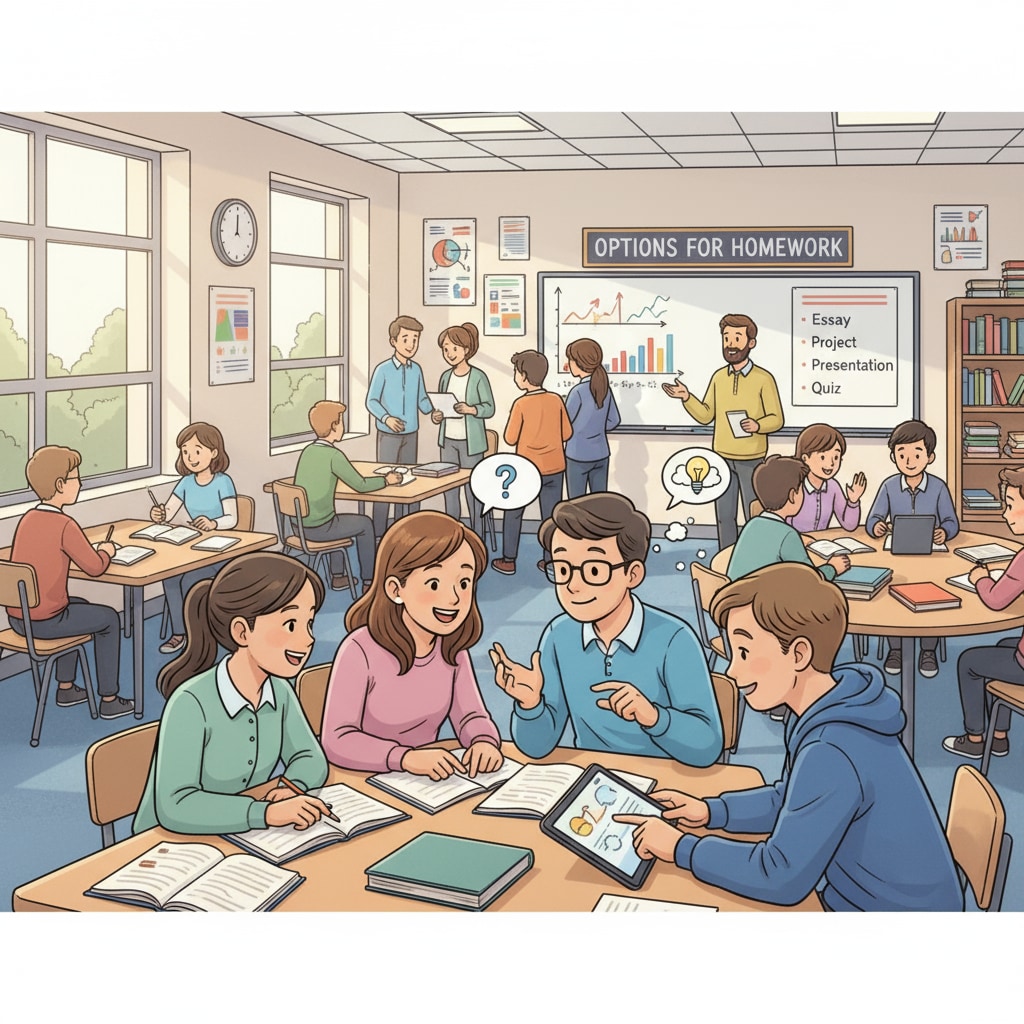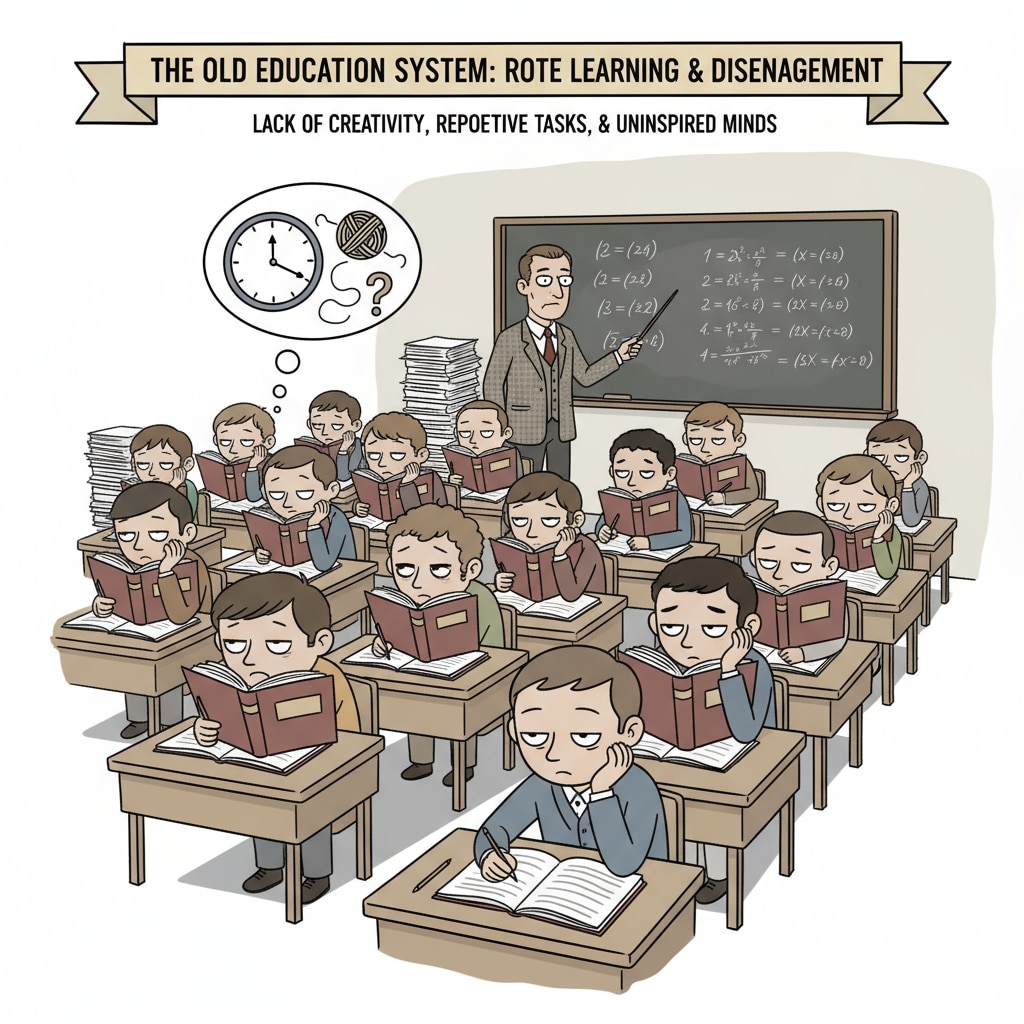In the realm of K12 education, the concepts of homework, self-motivation, and personal responsibility have long been subjects of intense debate. The traditional model of assigning mandatory homework has been the norm for decades, but there is a growing movement to reevaluate this approach.

This shift is centered around the idea of giving students more autonomy in their learning, which could potentially lead to increased self-motivation and a stronger sense of personal responsibility.
The Flaws of the Traditional Mandatory Homework Model
The traditional mandatory homework system often follows a one-size-fits-all approach. Teachers assign the same tasks to all students, regardless of their individual learning paces, interests, or abilities. For example, a student who grasps a concept quickly may find the homework repetitive and unchallenging, while another who struggles might become overwhelmed. As a result, many students lose their self-motivation. According to National Education Association, a significant number of students report feeling stressed and uninterested in learning due to excessive and unengaging homework. This lack of customization also fails to instill a sense of personal responsibility as students are simply following instructions rather than making decisions about their own learning.

The Promise of Autonomous Homework Decisions
Allowing older students to make autonomous decisions about their homework can be a game-changer. When students have the freedom to choose how and when to complete their assignments, they become more invested in the process. This sense of ownership fosters self-motivation. For instance, a student who is passionate about art may choose to complete a history assignment by creating an artistic representation, which not only makes the task more enjoyable but also encourages deeper understanding. Moreover, this autonomy helps students develop personal responsibility. They learn to manage their time, set priorities, and face the consequences of their choices. As stated by Edutopia, self-directed learning experiences like this contribute to students’ long-term success in and outside of the classroom.
In conclusion, the time has come to seriously consider eliminating mandatory homework in K12 education. By doing so, we can create an environment where students are driven by self-motivation and take on personal responsibility for their learning. This shift has the potential to transform education from a rote memorization-based system to one that nurtures creativity, critical thinking, and lifelong learners. The power of autonomous choice in homework decisions should not be underestimated, as it holds the key to unlocking students’ full potential.
Readability guidance: Using short paragraphs and lists helps summarize key points. Each H2 section provides a clear set of ideas. By controlling the passive voice and long sentence ratios, and adding transitional words throughout, the article flows smoothly and is easy to understand.


